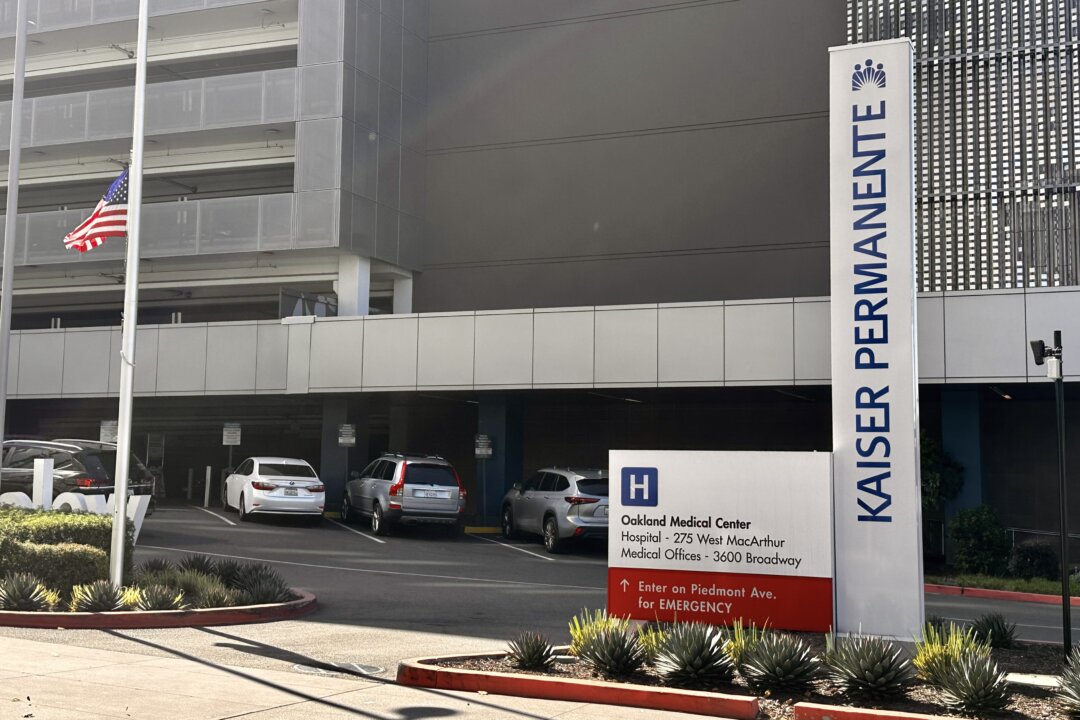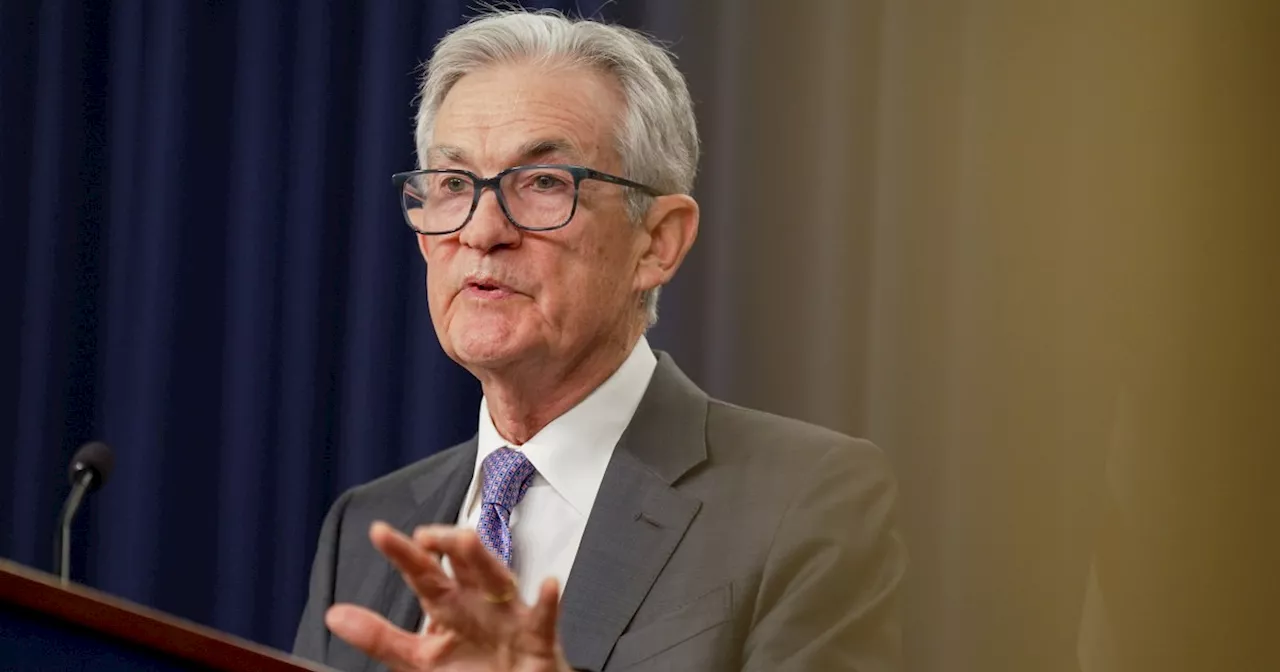
Sen. John Braun poses for a photo outside The Chronicle in Centralia on Thursday, July 17.
A significant change in tax legislation is set to impact businesses across Washington State starting on October 1, 2023. A new law will require approximately 95,000 businesses to collect sales tax on services previously untaxed, resulting in increased costs for consumers and confusion within the business community. This measure, championed by the state’s majority Democrats, is primarily aimed at funding multibillion-dollar pay raises for state workers.
The law’s implementation is expected to raise costs significantly for services like teen driving courses. For example, a driving course currently priced at $650 will rise to approximately $715 once the new sales tax is applied. The total cost of this sales tax increase is projected to reach nearly $4 billion over the next four years. However, this is not the only tax hike on the horizon; a substantial increase in the business-and-occupation tax rate is forecasted to extract an additional $5.6 billion from employers in Washington during the same period.
Confusion and Concerns in the Business Community
The swift implementation of this tax increase has left many businesses uncertain about compliance. With only a few weeks to prepare, many are scrambling to understand the specifics of what services will now incur sales tax. The Washington State Department of Revenue is expected to provide guidance, but businesses may only have a brief window to adapt to the new regulations, leaving them vulnerable to potential penalties for misinterpretation.
The chaotic rollout has raised significant concerns. The law categorizes various services—like advertising, information technology, and security services—as taxable retail sales. This broad classification could lead to unforeseen consequences. For instance, it remains unclear if services provided by referees or similar temporary staff for school events will also be taxed. The ambiguity extends to the definition of “live presentations,” which could encompass everything from educational courses to entertainment events like concerts.
Businesses are particularly worried about the implications of the new tax law and the potential for penalties in cases of inadvertent non-compliance. Historically, the state has shown little accountability for its errors, while taxpayers who make honest mistakes often face fines.
Political Implications and Future Considerations
The sales tax increase is part of a larger $12.2 billion tax package approved by the majority Democrats earlier this year. Lawmakers hurried the legislation through the process late in their 105-day session, aiming to bolster state revenue without adequately considering the ramifications for businesses and consumers.
Senator John Braun of Centralia, who represents the 20th Legislative District, has criticized the new tax measures as excessive and chaotic. He argues that a more balanced approach, such as the Senate Republicans’ $ave Washington budget, which proposed no tax increases, could have been more beneficial for residents.
The legislative landscape will remain critical as discussions around this tax law evolve. The Department of Revenue has indicated a need for legislative revisions when lawmakers reconvene in 2026. However, until then, businesses must navigate the complexities of the new law, which has been described as costly and unnecessary.
As Washington residents brace for these changes, many are left questioning how such policies will affect the affordability of essential services, particularly for vulnerable populations, including seniors and low-income families. The current situation underscores the need for more thoughtful and transparent tax legislation that considers the economic realities faced by all constituents.






